Personal Injury Telehealth
Online Urgent Care in Georgia
Attention Georgia Residents Battling Personal Injury: The Game-Changing Telehealth Solution Is Here!
Telemedicine can play a role in the treatment of personal injuries, especially in cases where physical examinations are not immediately necessary or where ongoing care can be provided remotely. Here are some ways telemedicine can be used in the treatment of personal injuries:
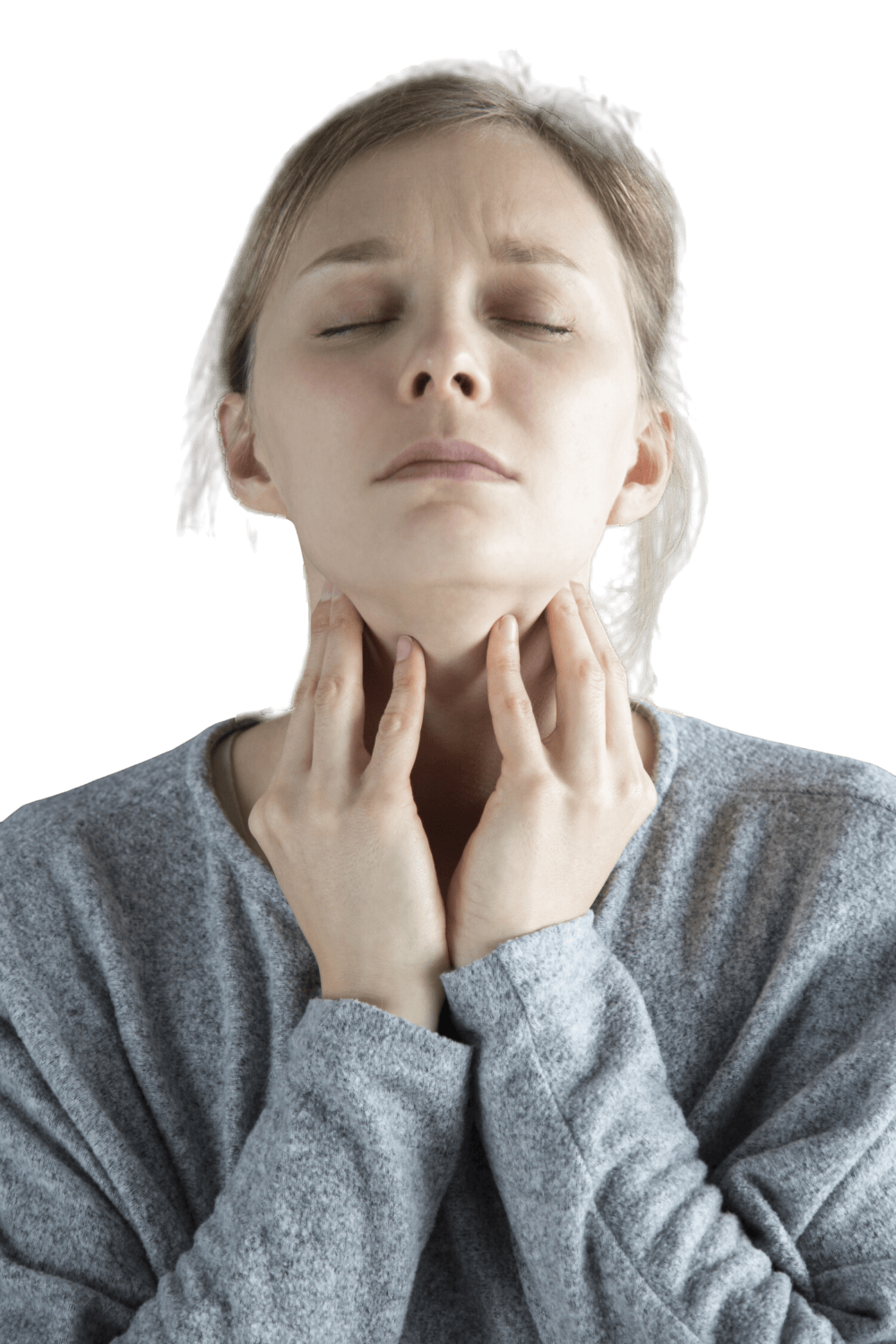
Here's how the process typically works:
Initial Assessment: Telemedicine allows for initial assessments to determine the severity of the injury. Through video consultations, healthcare providers can evaluate symptoms, recommend immediate care, or advise if an in-person visit is necessary.
Follow-up Care: For less severe injuries or injuries that require ongoing management, telemedicine enables regular check-ins and follow-up appointments. This can include monitoring progress, discussing symptoms, adjusting treatment plans, and providing rehabilitation exercises.
Physical Therapy: Telemedicine platforms can deliver physical therapy sessions through live video consultations. Therapists can guide patients through exercises, monitor progress, and provide instructions for at-home care.
Medication Management: Healthcare providers can prescribe medications and monitor their effectiveness through telemedicine platforms, ensuring proper pain management and recovery.
Mental Health Support: Personal injuries often come with psychological impacts. Telemedicine offers counseling and therapy sessions to address emotional well-being and mental health concerns related to the injury.
Education and Guidance: Patients can receive education about their injury, learn self-care techniques, and receive guidance on injury management strategies through telemedicine.
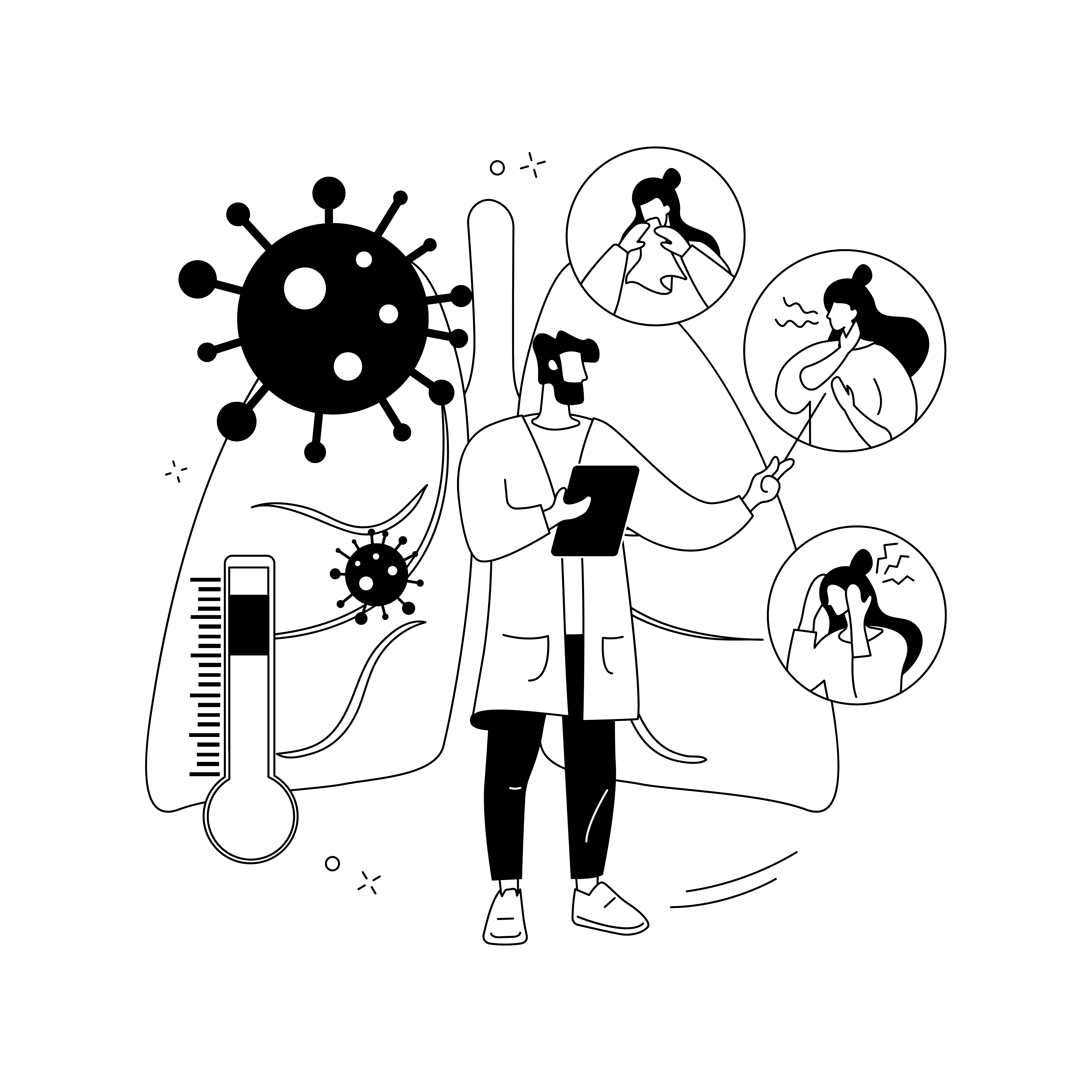
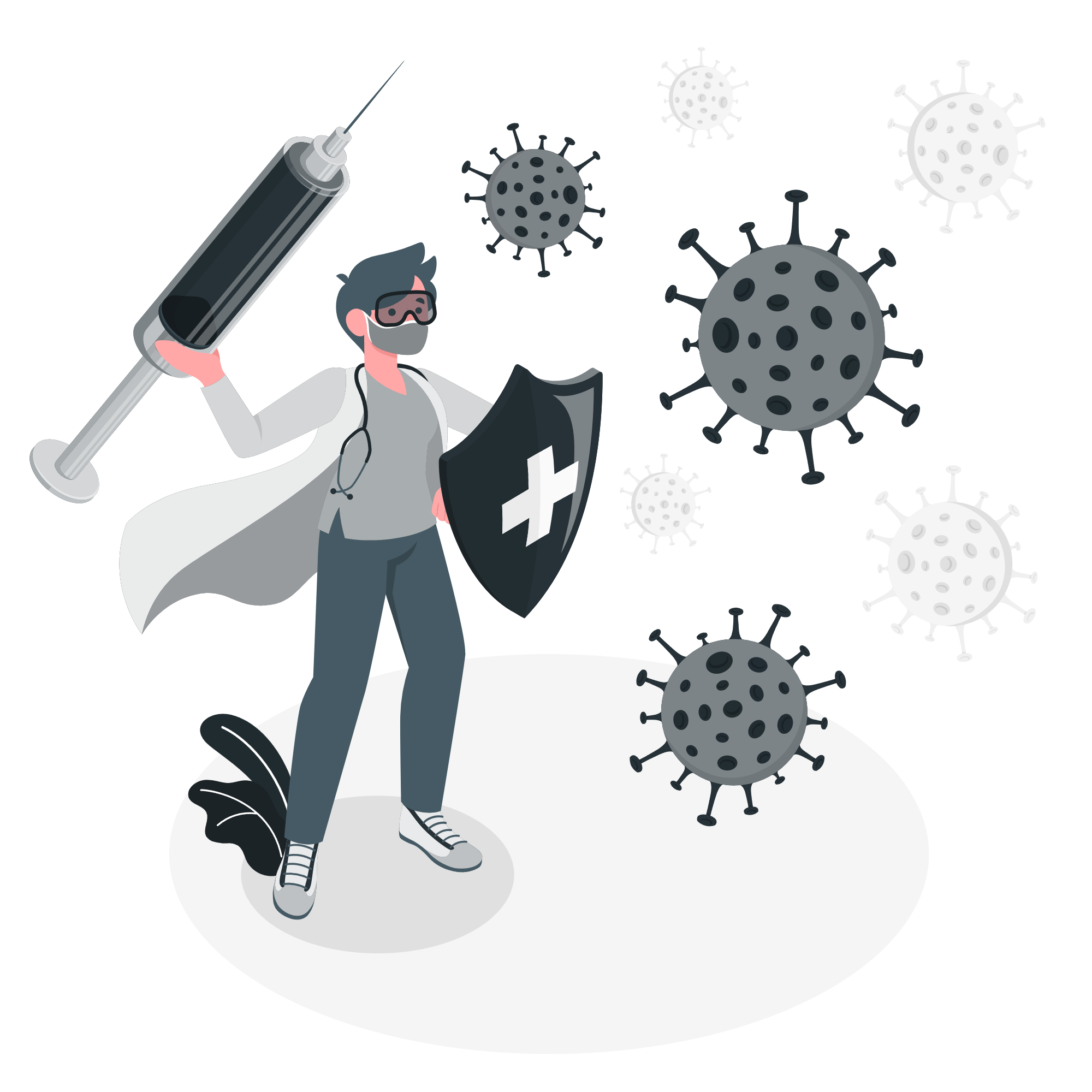
Keep in mind a few important points:
However, it’s important to note that not all personal injuries can be treated effectively through telemedicine. Severe or complex injuries often require in-person evaluation, diagnostic tests, and physical interventions. Telemedicine serves as a complementary tool in the continuum of care for personal injuries, offering convenience, accessibility, and support for certain aspects of treatment and recovery.
Here’s How You Win with Us

Instant Access
Click on our site, book your spot, and voila! We're ready for you 24/7.

Virtual Consultations That Feel Real
Hop onto a secure video call with our top-notch doctors and nurses. It's like having a medical team in your pocket.
Diagnosis and Action Plan
Think it's strep throat? We’ll guide you to the next steps, including getting that all-important throat swab.

Prescriptions and Ongoing Care
Need meds? We’ll shoot them over to your pharmacy. And we stick with you – follow-up consultations are part of the deal.
Why You Should Jump on This Bandwagon

Convenience Is King
Forget the travel and waiting. We bring healthcare to your screen.

Save Time, Live Better
Our consultations are quick, efficient, and get you back to life faster.

Top-Notch Medical Team
We’ve got the best in the biz, ready to take on your healthcare challenges.

Privacy? Absolutely
Your info is locked down tight with our HIPAA-compliant tech.

Budget-Friendly
Great care shouldn’t cost an arm and a leg. We’re affordable and work with many insurance plans.
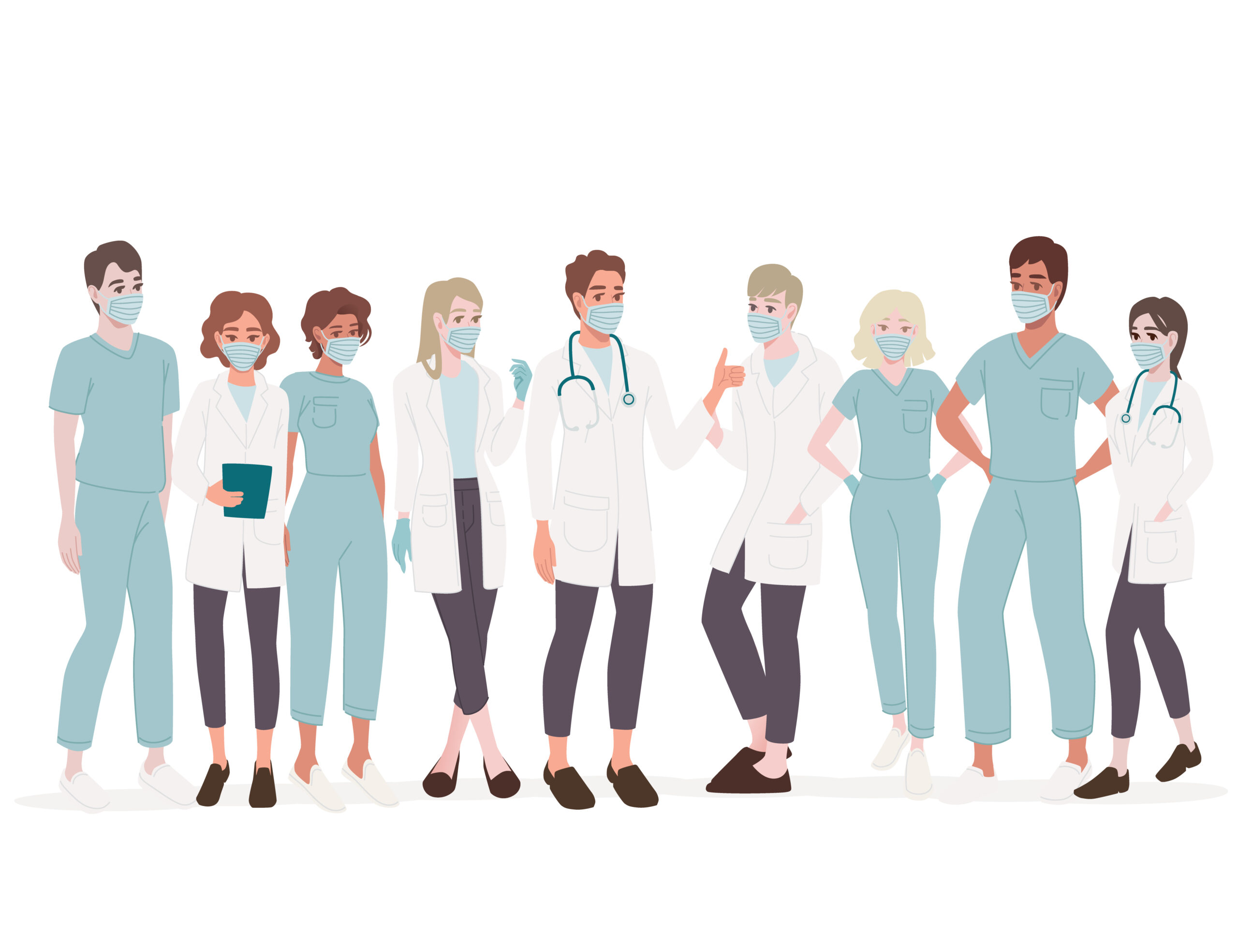
Our Promise to You
Need More Info About How We Can Help You Feel Better From a Potential Strep Throat Condition? Reach out now!
How Do Virtual Visits Work?
1. Click the Schedule
a Virtual Visit Button
You will have to choose an available date and time.
2. Complete the Patient Registration
You will receive an email confirmation.
3. Start Your Visit
You will receive a text message with a link to join the visit. You may also join the visit through the email confirmation as well.
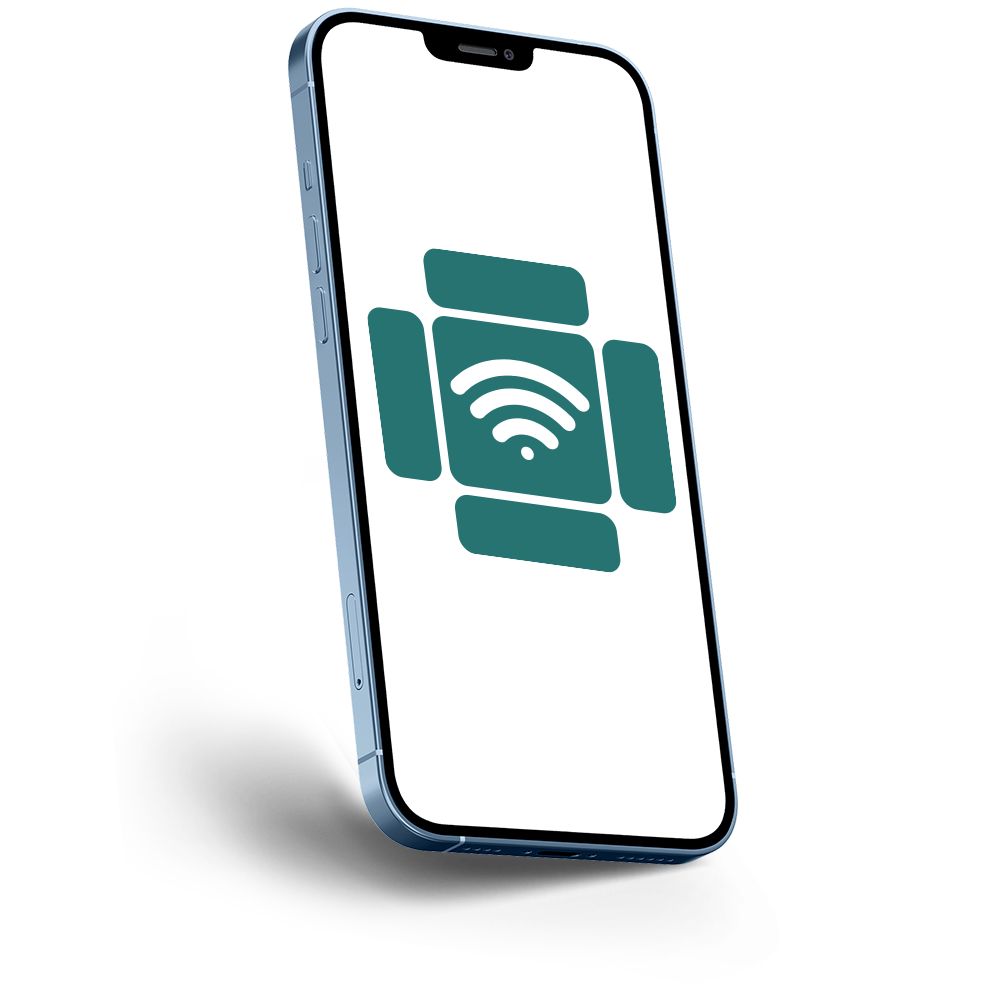
Our Patient Portal gives you secure online access to your health information
Patient Portal is a secure, convenient, and easy-to-use website that gives you round-the-clock access to your health information. View labs, medications, and immunization records. Get reminders. Exchange messages with your doctor. Stay informed and take charge of your health!
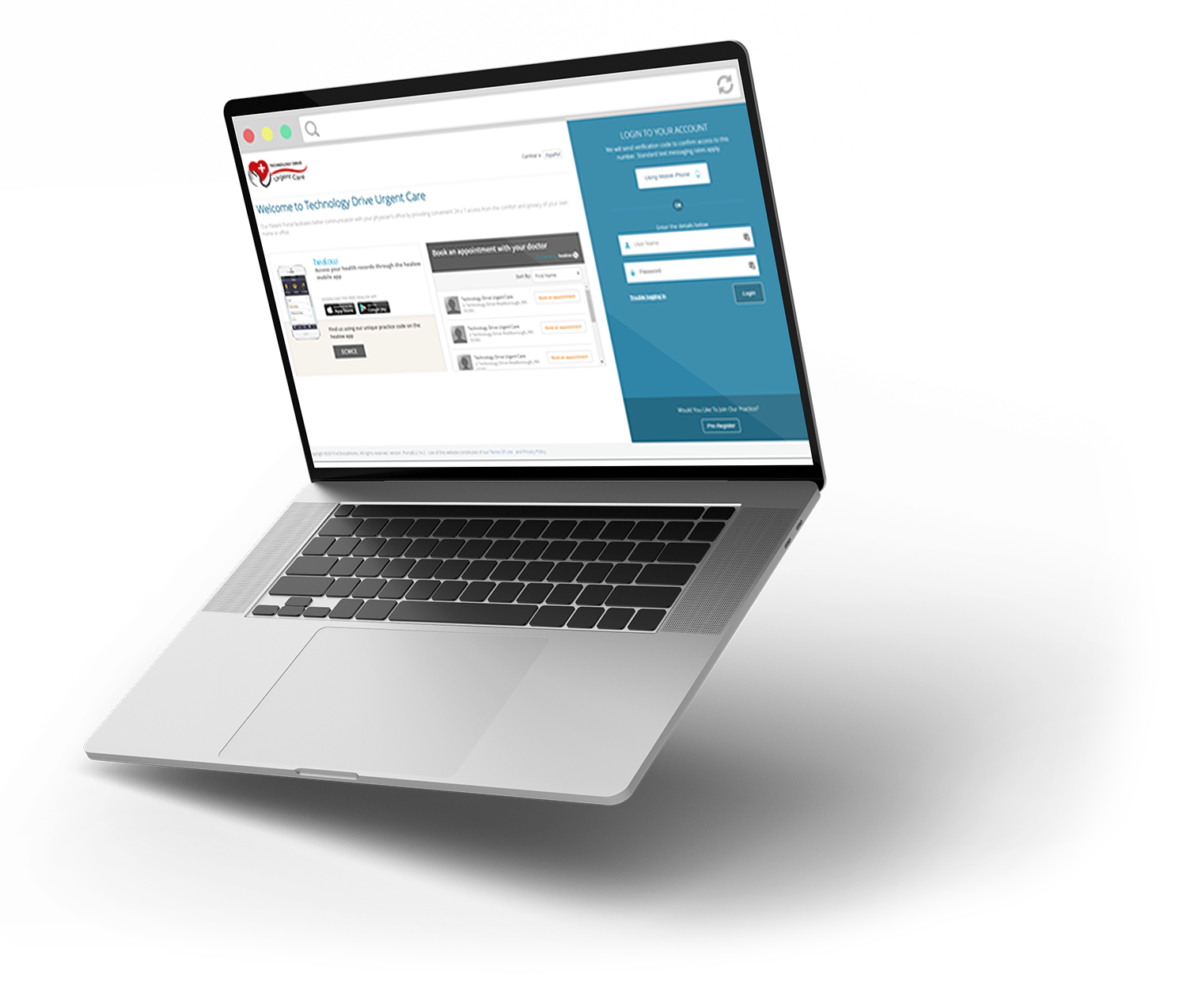

Online health access on your smartphone
Access your health record with the healowTM smartphone app. Along with the features you get with our Patient Portal, the healow app can manage multiple accounts (all family members), set medication and appointment reminders, and use trackers to help manage health. The healow app is a secure and convenient way to manage what’s important and puts YOU in control of your health.
Healow is available free on the Apple app store and Google Play store.
Our Specialties
Urgent Care
Telemedicine
Accreditations
AANP
American Association of Nurse Practitioners.
Board Certified
Meet Our Provider
Charles Kitchens, NP-C is the founder and CEO of Advanced Practice Telemedicine. He began his career as an Advanced Practice Provider in 2014 after obtaining a Masters Degree from Georgia College and State University. He furthered his career as a Nurse Practitioner by practicing in the Emergency Room at Spalding Regional Hospital. There he served as the Lead Advanced Practice Provider for over 5 years.
Charles has been successfully practicing in Emergency Medicine and Urgent Care since 2014. As an advocate for universal healthcare, he founded Advanced Practice Telemedicine, LLC. Our focus continues to be inspired through telehealth and we are constantly taking new patients.
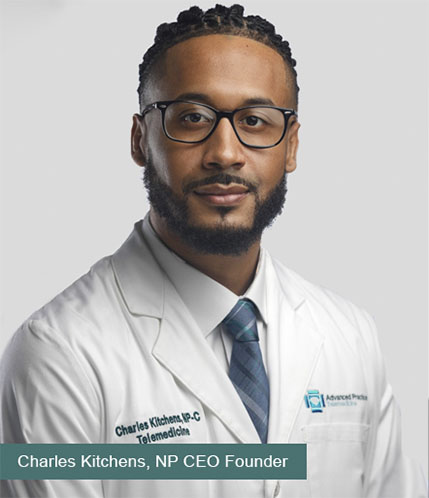
Frequently Asked Questions
You can join the virtual visit by using a computer, tablet, or smartphone (iphone or android) devices.
Normally 10 minutes or less depending on the reason for visit.
We accept most major healthcare insurances. Please check with your carrier to see if you qualify.
No insurance? No problem. We also offer a low self pay rate of $125 per visit.
Yes. Advanced Practice Telemedicine takes pride in protecting our patient’s privacy. That is why our virtual visits are not recorded. All information provided is protected through our website encrypted security.
Testimonials
Who is not appropriate for telehealth?
Telehealth may not be appropriate for individuals with severe or life-threatening conditions that require immediate in-person medical attention. Patients with complex medical histories or those who require physical examinations may also not be suitable candidates for telehealth.
What are liability risks and telehealth?
Liability risks in telehealth refer to legal concerns related to providing remote healthcare services. These risks can include issues with misdiagnosis, data security breaches, and malpractice claims. Healthcare providers and organizations offering telehealth services must address these concerns through proper protocols and insurance coverage.
What are the disadvantages of telehealth for patients?
Telehealth disadvantages for patients can include limited physical exams, potential technology barriers, privacy concerns, and challenges in building a strong doctor-patient relationship. Additionally, some medical procedures and tests cannot be performed remotely, limiting the scope of care.
Are telehealth visits safe?
Telehealth visits can be safe for routine and non-emergency healthcare needs when conducted through secure and HIPAA-compliant platforms. However, for critical or life-threatening conditions, in-person care remains essential to ensure patient safety.
Why doctors don’t like telehealth?
Some doctors may have reservations about telehealth due to limitations in physical examinations, potential technological issues, and concerns about misdiagnosis. Additionally, the absence of a face-to-face interaction can make it challenging to establish a strong doctor-patient rapport.
“Can you do a telehealth visit for pink eye?
Yes, telehealth visits are suitable for diagnosing and treating pink eye (conjunctivitis). Healthcare providers can evaluate your symptoms and prescribe medication through video consultations.
Can conjunctivitis spread through video calls?
No, conjunctivitis (pink eye) is not transmitted through video calls or virtual interactions. It spreads through direct contact with contaminated hands or objects, and not through digital communication.
What are two things that you must not do if you have pink eye?
If you have pink eye, avoid touching your eyes and sharing personal items like towels or eye makeup to prevent further infection and transmission.
Can healthcare workers work with pink eye?
Healthcare workers with pink eye should refrain from patient care until they receive clearance from a medical professional. Working with pink eye can risk spreading the infection to patients or colleagues.”



